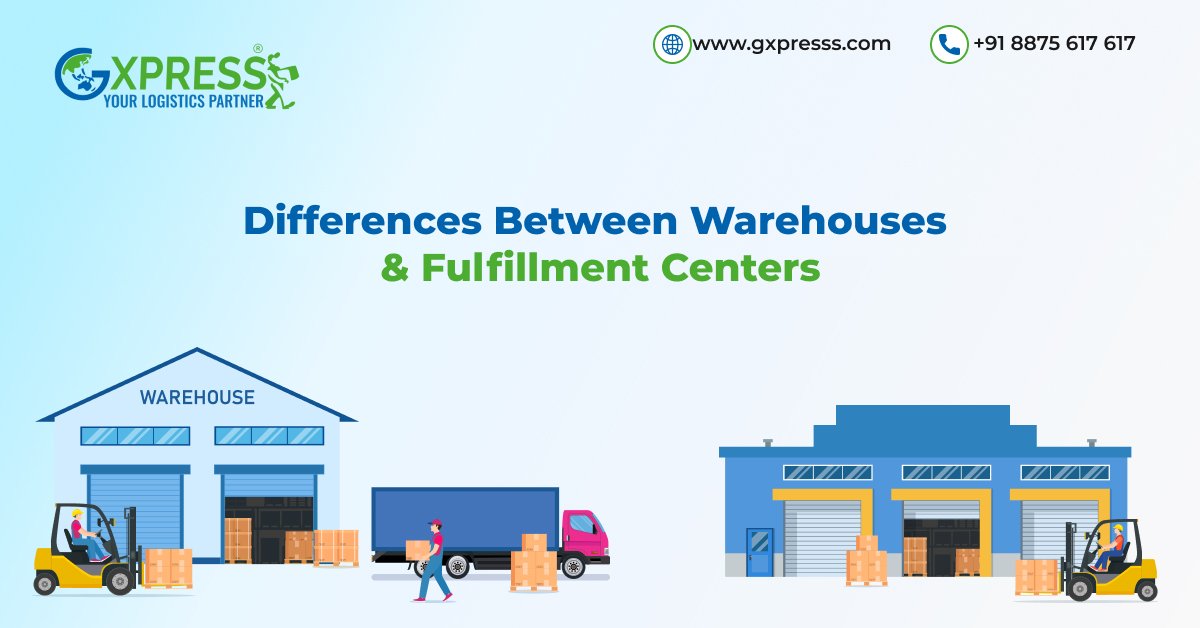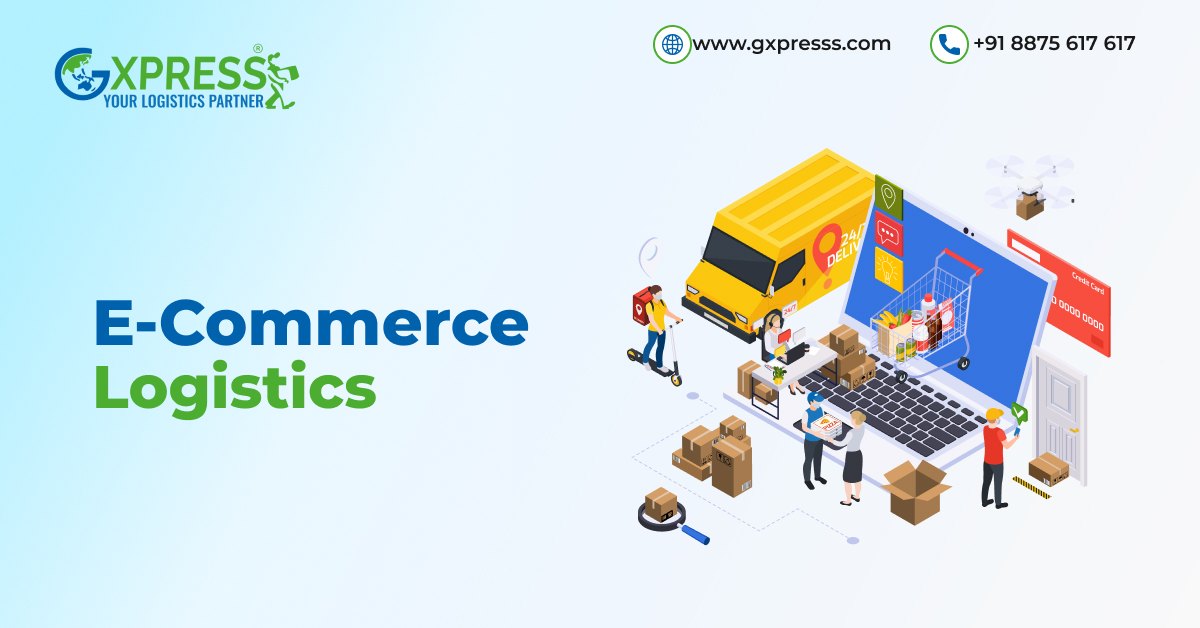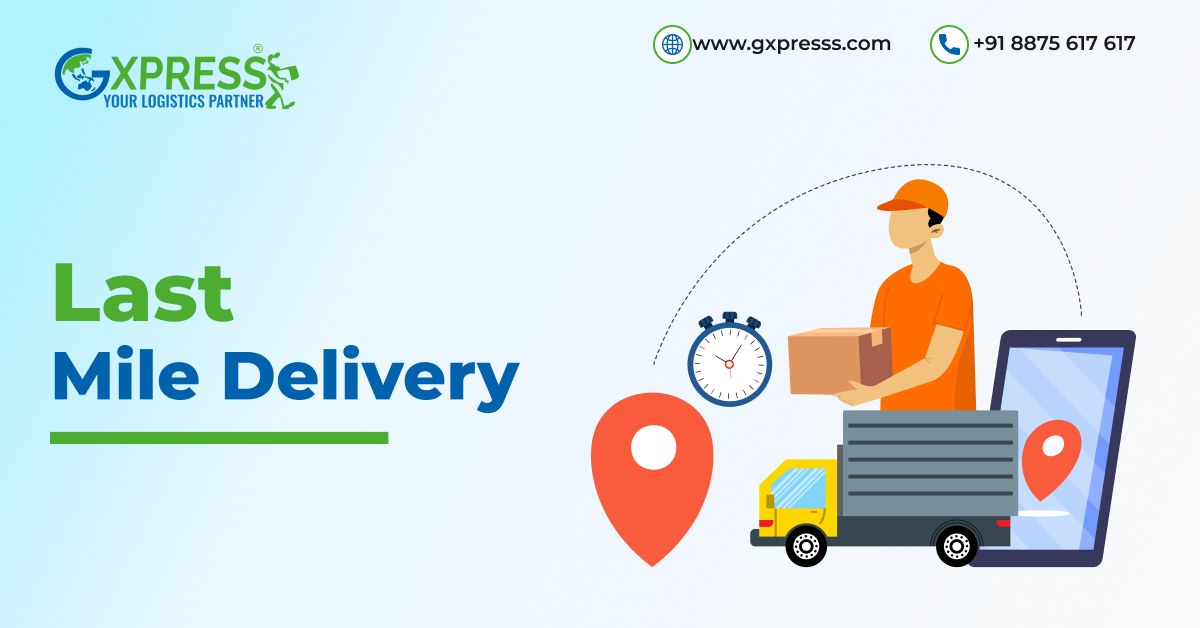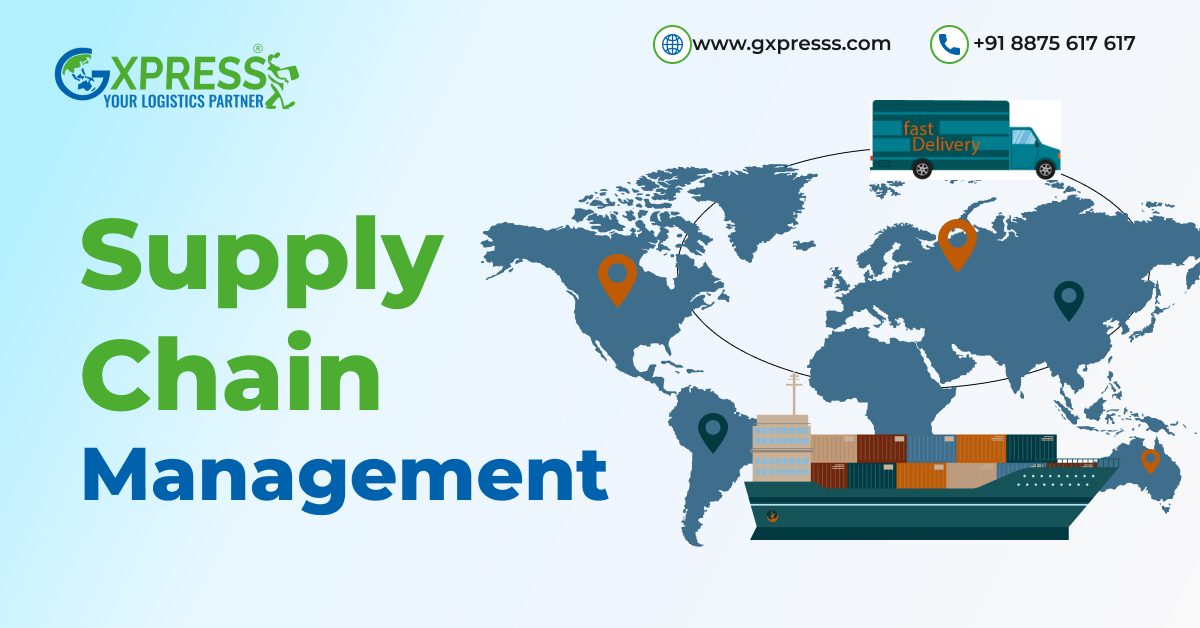September 29, 2025E-commerce7 min readBy Admin
Key Differences Between Warehouses and Fulfillment Centers

Here is the real question: what are the main differences between warehouses and fulfillment centers? Suppose you have already established your online store.
Orders are flying in from all directions of the country, and the customers are waiting to receive their products promptly. You know a storage area is necessary, but which of these will you need?
On first impression, these two may appear identical. After all, both are sizable areas where items are kept. However, in the supply chain and logistics domain, the aim of a warehouse and a fulfillment center is completely different.
Their roles are dissected here, and we understand which one is appropriate for your business.
Key Differences Between Warehouses and Fulfillment Centers
Features of Warehouses
1. Purpose: Storage
A warehouse should be visualized as a storage unit for the long run. A business keeps the stock there to maintain its safety until its requirements are met. The products may be stored there for as long as several weeks, months, or even years.
2. For The Long Run
Inventory turnover is slower. The pallets of goods may be left there for a while until retailers or distributors place their bulk orders.
3. Operations: What Happens Inside
Forklifts loading and unloading pallets, high storage racks, and bulk areas. The main goal is to keep large quantities stored safely and securely with optimal storage efficiency.
4. Their Users
A manufacturer, wholesaler, and distributor whose businesses sell products in large quantities. For instance, a furniture company might have thousands of sofas stored in a warehouse just waiting for retailers to place orders.
5. Technology and Automation
Has an inventory management system to keep track of stock levels. However, the use of automation is more for the safety and storage of the products.
6. Location Strategy
It is normally a place that is close to the manufacturing hubs, seaports, or distribution networks in order to lower the transportation costs (goods-in).
7. Cost Implications
The costs are mainly related to the size of the space and the time the goods are stored.
8. Customer Impact
Customers do not usually experience the effects directly; a place to store the goods is provided, but delivery timeliness all depends on the next stop in the supply chain.
Features of Fulfillment Centers
1. Purpose: Speed
A fulfillment center is not only about keeping products: it is customized to pick, pack and ship customer orders in the shortest possible time. Here is the place for speed.
2. For Short Term Use
Products are almost never left idle. Daily orders arrive, and staff (or robots) pick and ship them within a few hours.
3. Operations: What Goes On Inside
Conveyor system, barcode scanners, packing areas, and shipping docks. The order processing speed is the main reason for the existence of the fulfillment center.
4. Who Uses Them
E-commerce firms such as small D2C brands and big ones like Amazon. The idea is to deliver individual orders as quickly as possible to customers.
5. Technology and Automation
A lot of money is put into technology. The adoption of AI-driven order management, robotics, and other technology has led to the success of fulfillment centers that are able to process thousands of small orders on a daily basis, all through automation.
6. Location Strategy
It is located in the area that is closer to where the customers are so last-mile delivery can be made faster and at a lower cost.
7. Cost Implications
In addition to storage, the costs include the fees for picking, packing, and shipping. They are the ones responsible for this, and they pay a higher price. However, in return, they receive speed and the loyalty of their customers.
8. Customer Impact
It is the main factor that determines customer satisfaction. If the fulfillment process is quick and well-organized, the delivery is normally made on the same day or the following day.
Warehouse vs. Fulfillment Center: A Quick Comparison
Understand the differences between warehouses and fulfillment centers
Feature
Warehouse
Fulfillment Center
Purpose
Long-term storage
Fast order processing & shipping
Users
Manufacturers, wholesalers
E-commerce businesses
Inventory Turnover
Slow
Fast
Technology
Basic to moderate
Advanced & automated
Location
Near ports, production hubs
Near customer markets
Costs
Lower (storage only)
Higher (storage + services)
Customer Impact
Indirect
Direct (delivery experience)
Which One Does Your Business Need?
The selection is contingent upon what type of business you have:
In case you are dealing with bulk shipments, seasonal products, or space requirements to stock products before distribution, then certainly a warehouse Services will be the best option for you.
Alternatively, if you have an e-commerce store where speed and customer experience are the main factors of success, then a fulfillment center will be your most suitable partner.
A local clothing brand can store its clothing for the change of seasons in a warehouse, but the fulfillment center is the one that sends the order when a customer buys a shirt online.
The Growing Role of 3PL Providers
In our current competitive market, an increasing number of companies have chosen not to own their warehouses or fulfillment centers.
Rather, they depend on 3PL (third-party logistics) providers like Gxpress to take care of the storage, the inventory, and the delivery of their products. Frequently these providers merge two services (storage for large quantities and distribution for the daily orders) into the customer’s account.
In such a configuration, the SMBs can save money, shop with less hassle and still keep their activities growing by adjusting the amount of investment they make in their own company.
Impact on Customer Expectations
The differences between warehouses and fulfillment centers is not just about the operations—it is something that changes the customer's view of your company.
Because of the trend toward same-day and next-day delivery, customers have gotten used to getting their stuff quickly and they consider it their standard expectation. This is a reason why a company can use a fulfillment center to its advantage to become customer-centric and still keep the competition.
Nevertheless, warehouses are still important as the main source of products. What is even more important is that they are the base of a reliable supply chain that allows the movement of goods from producers to retailers and consumers.
Conclusion
From the outside, they might look a lot alike, but the differences between warehouses and fulfillment centers and their respective functions are quite different. One is for storage, while the other is for quick distribution.
Due to the success of online businesses, most companies actually use a combination of the two: warehouses for managing stock in bulk and fulfillment centers for delivering orders to customers quickly.
The secret is figuring out which one to use at what time so you can get the perfect mix of operational efficiency and customer delight. Partner with Gxpress and you will get the benefits of both warehouses and fulfillment centers.
Frequently Asked Questions (FAQs)
Q1. Are warehouses and fulfillment centers the same?
No, warehouses mainly focus on the storage of goods for an extended period of time, while fulfillment centers take care of customer order processing, packing, and shipping.
Q2. Which is better for e-commerce businesses?
Typically, a fulfillment center is more suitable as the primary service, where fast delivery is prioritized alongside order accuracy, which has a direct impact on customer satisfaction.
Q3. Can a company use both warehouses and fulfillment centers?
Yes. Some firms might stock their bulk inventory in warehouses, but then they transfer the stock to the fulfillment centers so that the customers can get the products without any delay.
Q4. What kind of businesses typically use warehouses?
They are businesses that are into manufacturing, selling to retailers, and distributing, which normally are required to stock very large quantities of goods in warehouses for quite a long period of time.
Q5. What kind of businesses benefit most from fulfillment centers?
Basically, we are referring to e-commerce retailers, D2C brands, and subscription box companies that are greatly dependent on the provision of delivery services that are not only quick but also accurate to individual customers.
Q6. Do fulfillment centers cost more than warehouses?
Most of the time, the answer will be "yes". A fulfillment center will charge storage fees plus the fees for order handling, picking, packing, and shipping. However, the additional fee is often covered by the improved customer experience and faster delivery times.
Share this article:



